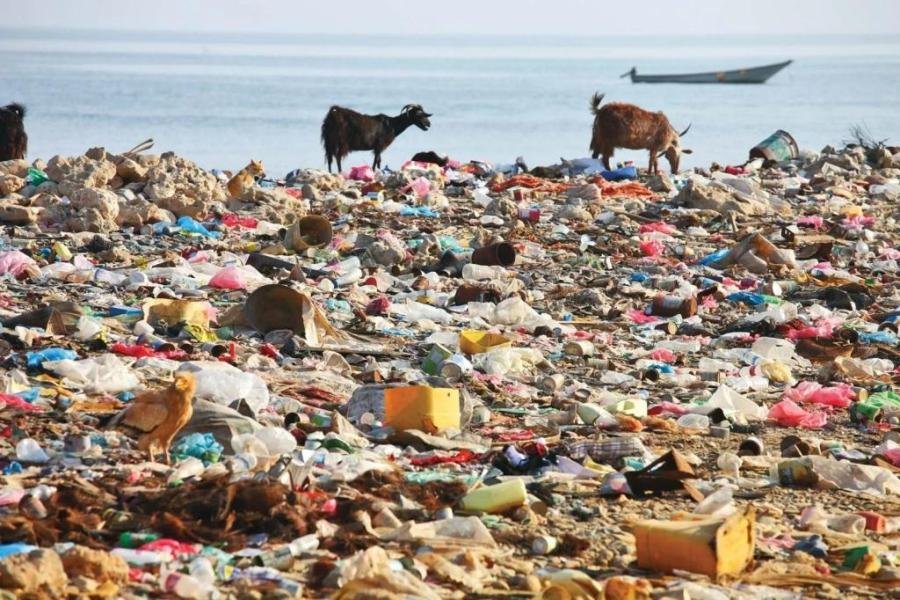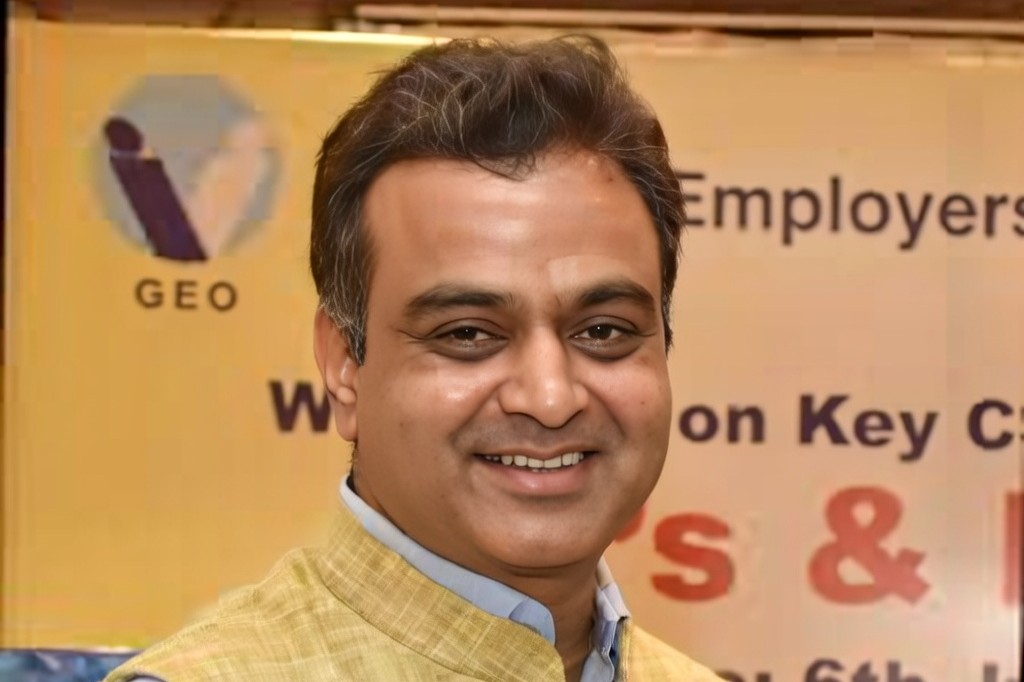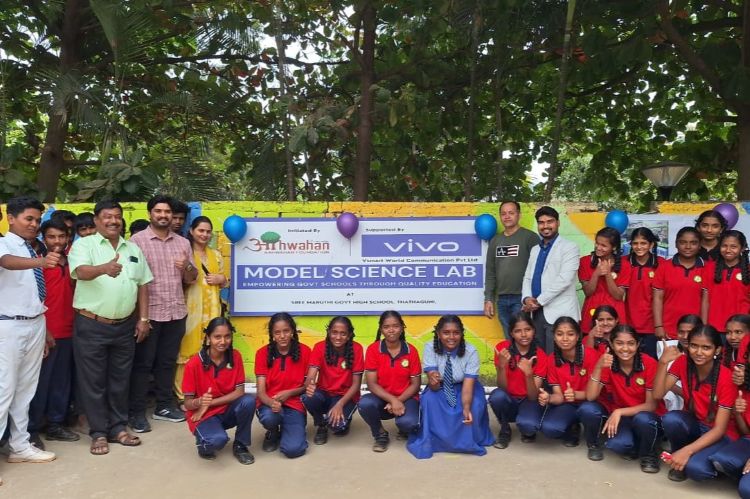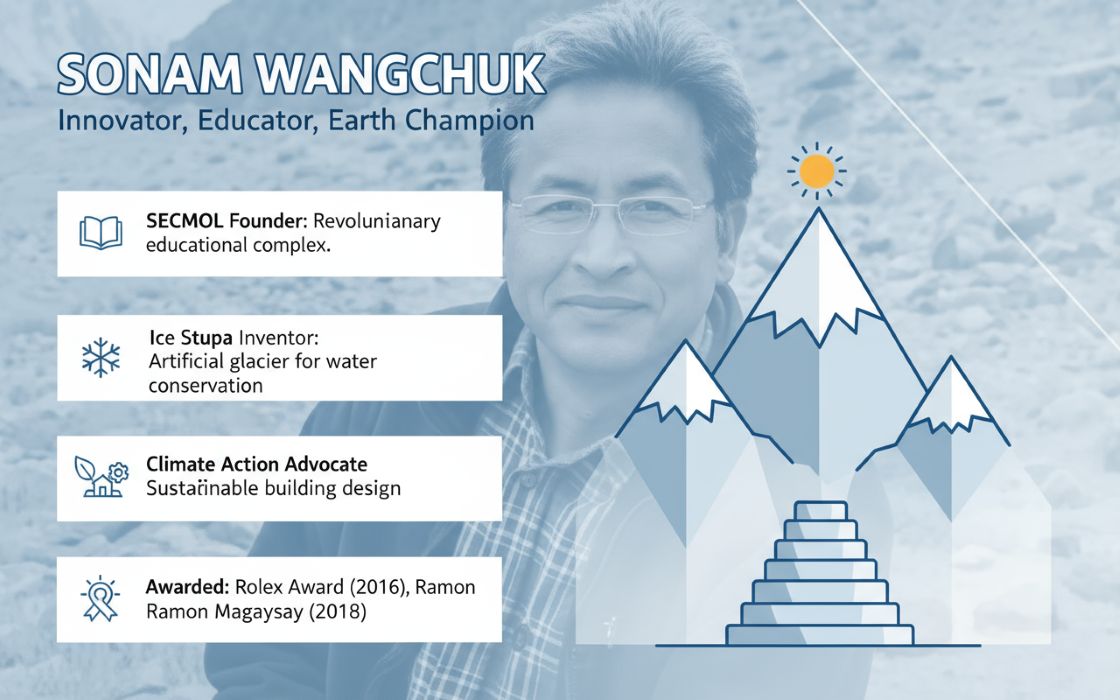India’s battle with plastic waste has become a defining issue of our time, with the country striving to find an effective solution to the mounting crisis of single-use plastics. According to a report by the United Nations Environment Programme (UNEP), India is the fifth-largest producer of plastic waste globally, generating an estimated 9.46 million tons of plastic waste annually. Of this, 70% is uncollected or poorly managed, leading to significant environmental and public health challenges.
In 2022, India took a bold step by enforcing a nationwide ban on single-use plastics, as part of its commitment to addressing the issue. While this initiative gained widespread attention, the battle is far from over. A key strategy that has emerged to tackle plastic waste is the circular economy—a system where resources, such as plastic, are reused, recycled, and kept in use for as long as possible. In the context of packaging waste, this shift toward sustainability presents both exciting possibilities and complex challenges.
The Emergence of Circular Economy Models
The circular economy is centered on designing out waste and pollution, keeping products in use, and regenerating natural systems. This model is particularly significant for managing packaging waste, where companies are increasingly being called upon to not only reduce their consumption of plastics but also to take responsibility for what happens to those plastics once consumers discard them. Extended Producer Responsibility (EPR), an essential component of this system, requires producers to take responsibility for the entire lifecycle of their packaging—particularly its post-consumer waste.
As of 2022, India launched a major push to enforce EPR compliance among corporations, following the amendment of the Plastic Waste Management Rules (2016). According to the Ministry of Environment, Forest and Climate Change (MoEFCC), EPR mandates that producers, importers, and brand owners should ensure that plastic waste generated from their products is collected, recycled, or reused. In theory, EPR incentivizes producers to design packaging that is easy to recycle and creates a more efficient waste management process.
Hindustan Unilever (HUL), India’s leading FMCG company, has made strides in implementing EPR measures. HUL plans to collect 100% of the plastic waste generated by its products by 2025. Their initiatives include sourcing recycled content and developing alternative materials that have less environmental impact. With a market value of over ₹52,000 crore, HUL’s efforts serve as a beacon for other companies in the fast-moving consumer goods sector, signaling the potential benefits of sustainable business practices.
Recycling and Grassroots Efforts: A Ray of Hope
While corporate commitments are critical, much of India’s plastic recycling efforts remain dependent on informal waste pickers. These hardworking individuals have long been at the heart of India's waste management ecosystem. An estimated 1.5 million waste pickers work across cities and towns, collecting and sorting recyclables to sustain their livelihood, and in the process, diverting tonnes of waste from landfills. According to The Recycling Companies Association of India (RCAI), waste pickers contribute around 60-70% of the country’s total plastic recycling capacity.
For the formalization of this informal sector, efforts are underway to create better conditions for waste pickers. For example, organizations such as Hasiru Dala in Bengaluru have successfully partnered with the government to create waste segregation programs, giving waste pickers legal protections and fair wages. These grassroots initiatives have proved effective in establishing local recycling infrastructures that are often more accessible than centralized waste management facilities.
Innovations Driving Sustainability
As India confronts its packaging waste crisis, several groundbreaking innovations are providing glimmers of hope. The trend of refill stations and zero-waste grocery stores is taking root across urban centers, furthering the movement toward reducing plastic consumption. A growing number of Indian startups, including Bare Necessities and Daily Dump, are pioneering zero-waste grocery options, offering products in reusable containers. These refill stations empower consumers to purchase necessities like shampoo, grains, and detergents without the need for plastic packaging.
These initiatives resonate with the consumer base, especially among India’s urban millennials, who are more conscious of their environmental footprint. According to a 2022 report by the United Nations Development Programme (UNDP), over 70% of Indian millennials are inclined to support brands that emphasize sustainability, setting a strong foundation for businesses that are environmentally conscious. These trends, though still in their infancy, offer hope for scalable, mainstream solutions.
Government Support and Regulatory Challenges
India’s evolving regulatory landscape plays a central role in shaping the future of plastic waste management. The Plastic Waste Management Rules of 2021 set clear targets to phase out single-use plastics by 2022, aiming to reduce plastic waste by enforcing extended producer responsibility and boosting plastic recycling. However, experts argue that compliance and enforcement of these rules continue to face roadblocks.
While cities like Bengaluru and Delhi have made headway in plastic reduction, challenges in rural areas and smaller cities remain. According to a study by the Centre for Science and Environment (CSE), 30% of Indian towns lack any form of structured waste segregation, and 40% of the plastic generated is not being recycled. The lack of infrastructure and support at the local level means that even as the central government pushes ambitious policies, implementation on the ground faces hurdles.
India’s battle against plastic waste and its pursuit of a circular economy is at a critical juncture. The country faces immense challenges, but there is clear momentum behind solutions that promote recycling, waste reduction, and more sustainable business practices. The efforts of corporations, grassroots movements, and policy interventions are beginning to create tangible shifts, proving that closing the loop on packaging waste is not only possible but already underway.








.jpg)




